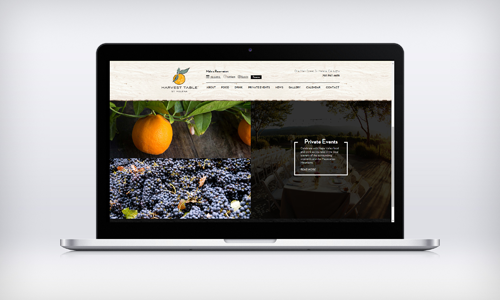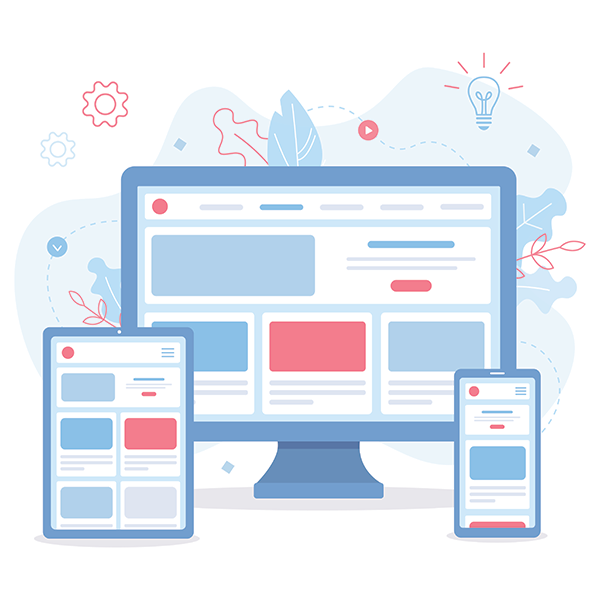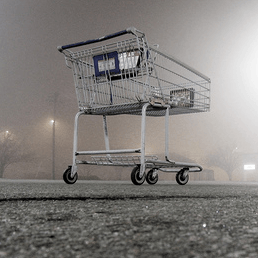Reasons to Stick With Your Web Design Agency

Depending on those involved, agency-client relationships can be tenuous and tense or productive and profitable.
These partnerships require each party do their part - establishing goals, listening to the other and, sometimes, meeting in the middle - to get to an end result that will improve ROI and better a user experience. When the next digital project rolls around, however, clients may wonder if they want to go with a new agency or re-hire their current or former agency. If a project was successful the first time, the latter might prove to be the better choice.
IdeaWork Studios, which counts the Charlie Palmer Group (since 2013), Jean-Georges Vongerichten (since 2012), Crunch (since 2007) and PUBLIC Hotels (since 2010) as long-term clients, believes there are many benefits of having a long-standing partnership, including understanding/knowing expectations and working style.
"Having a long-standing partnership is an asset to both the agency and the client," said Jay Schwartz, founder and chief creative officer of IdeaWork. "There isn't a 'new relationship' acclimation, no re-training. We know the core brand values, styles and visual identities. We're the keepers of the brand, so we know what things look and feel like. Importantly, we're also experienced with the brands. We've been to these hotels, eaten at these restaurants - we're immersed in the culture, the experiences, so we have an in-depth knowledge that you don't get with a new relationship."
What's more, according to Schwartz, companies can benefit from a long-standing design partnership because that agency might be able to institute change on a micro-level, whereas a new agency usually comes in with sweeping changes, which can be off-putting. Schwartz continues, "Our goals are one and the same, so we can move the needle gradually."
So when IdeaWork Studio client the Charlie Palmer Group decided to launch its Harvest Table website, it trusted IdeaWork who already did the branding for its Harvest Inn property.

"When our clients expand, they trust us," said Schwartz. "We've grown to understand each other, and expectations."
These relationships can lead to stronger design.
"If you're worried about how an unfamiliar client will react, your design may be more cautious or conservative," said Schwartz. "If you're familiar with each other, you know where and how you can push design."

Subscribe to Our Newsletter!
Latest in Web Design









